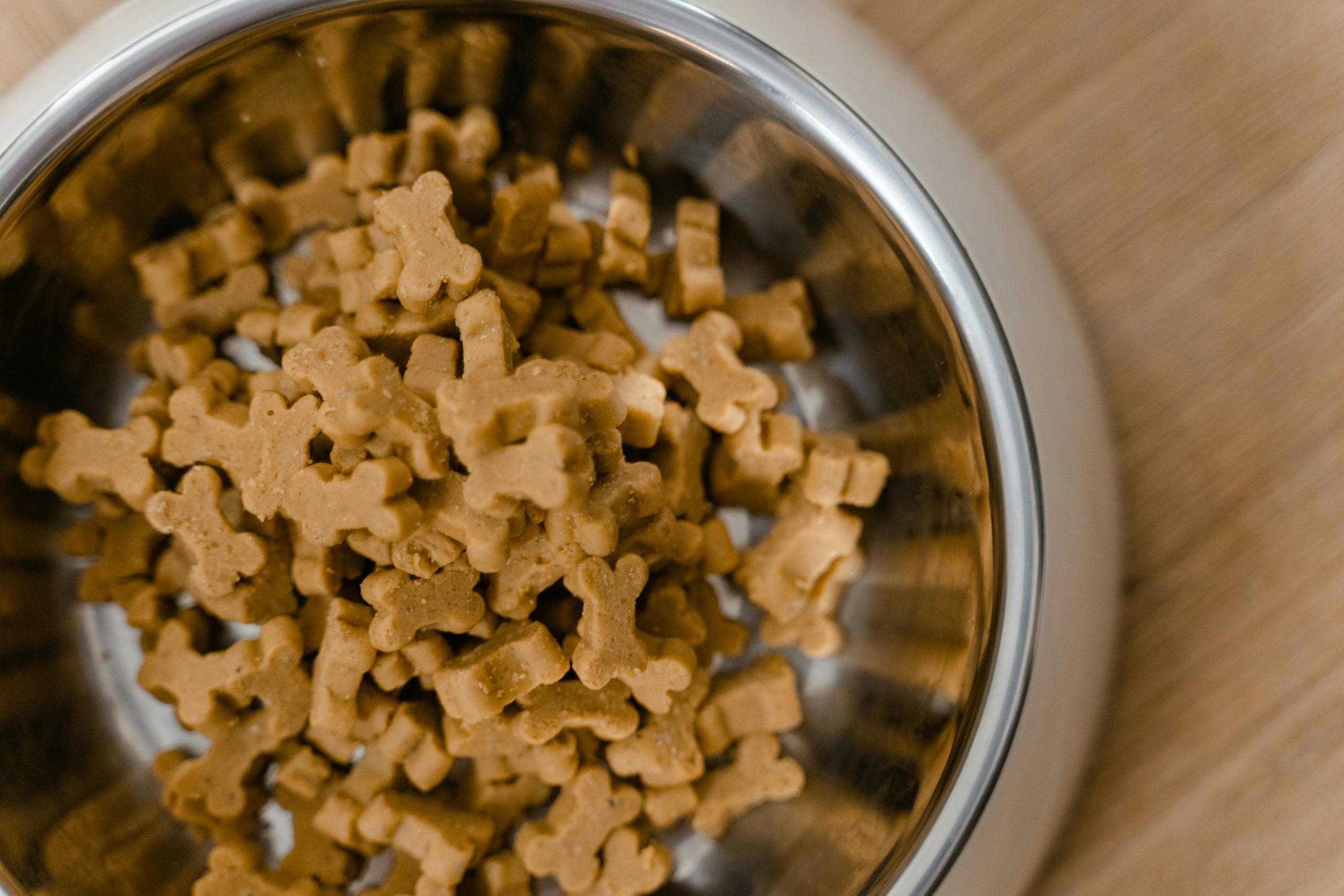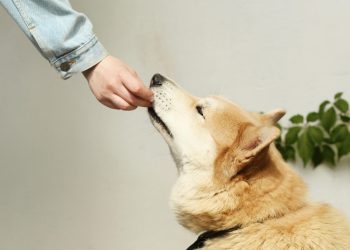The Rise of Ethical and Sustainable Pet Food in Australia
In recent years, the demand for ethical and sustainable pet food has gained significant momentum among Australians. Pet owners are increasingly becoming more conscious of the environmental and ethical impacts of the food they provide for their beloved animals. This shift in mindset mirrors the growing global trend of prioritizing sustainable living practices, which now extends to the choices made for companion animals.
Australians’ Awareness of Ethical and Environmental Issues
A national survey conducted by Food Frontier has shed light on the changing preferences of Australian pet owners. The survey, which included responses from 2,000 participants across the country, revealed that nearly 50% of Australian pet owners are reconsidering their pets’ diets due to concerns about health, ethics, and environmental sustainability. Specifically, 47% of those surveyed expressed openness to incorporating non-traditional, sustainable pet food options into their pets’ meals.

This trend reflects a broader shift in consumer behavior as Australians increasingly prioritize responsible consumption. For many, making better choices for their pets is just another way to align their lifestyle with their values, especially as it pertains to animal welfare and the environmental impact of food production.
Health and Environmental Benefits of Sustainable Pet Food
One of the primary drivers behind this movement is the potential for health benefits that come from providing pets with nutrient-rich, plant-based, or insect-based alternatives. These products are often formulated to meet the dietary needs of pets while reducing the environmental footprint associated with traditional meat-based.
Ethical sourcing of ingredients is also playing a crucial role in the growing popularity of sustainable pet food. As more consumers become aware of the environmental consequences of industrial farming and meat production, they are exploring more sustainable options for their pets that rely on ethically sourced ingredients, or that use alternative protein sources such as insects or lab-grown meat.
Future Outlook: The Rise of Non-Traditional Pet Foods
As the movement towards ethical and sustainable pet food gains momentum in Australia, the market is expected to see continued growth in non-traditional offerings. Pet owners are becoming more proactive in researching sustainable brands that reflect their values while also ensuring the health and well-being of their pets.
In the coming years, the pet food industry may witness even greater innovation in this space, as more companies develop products that cater to the needs of both pets and eco-conscious consumers. Whether through plant-based ingredients or lab-cultivated alternatives, the trend towards sustainable, ethical food is likely to become an integral part of Australia’s evolving pet care landscape.

A New Era for Pet Nutrition in Australia
With nearly half of Australian pet owners showing interest in sustainable pet food, this shift represents a transformative moment in the pet care industry. As more consumers align their choices with ethical and environmental values, non-traditional pet food options are likely to become mainstream, helping to reduce the environmental impact of traditional meat-based diets while ensuring pets get the nourishment they need.
Growing Market for Sustainable Pet Food Options
As demand for ethical and sustainable pet food continues to rise, companies are responding by expanding their product offerings to include more eco-friendly options. Brands are now exploring ingredients such as insect protein, plant-based formulas, and even lab-grown meat, which have a significantly lower environmental impact compared to traditional meat sources. These innovative alternatives not only reduce the carbon footprint but also address the ethical concerns associated with factory farming and animal welfare.
Pet owners are also becoming more conscious of the ingredients used in their pets’ food, opting for products that are free from harmful additives, preservatives, and fillers. Many are seeking out natural, organic, and cruelty-free options that reflect their own dietary and ethical preferences.
Retailers and Manufacturers Embrace Sustainability
Retailers and manufacturers in Australia are increasingly catering to this new wave of consumer demand by stocking sustainable pet food products and emphasizing transparency in sourcing and production processes. Several startups and established brands have begun to develop innovative pet food solutions that emphasize sustainability, health, and ethical responsibility.
In addition, many companies are adopting eco-friendly packaging and sustainable supply chain practices to further reduce their environmental impact. This comprehensive approach to sustainability is resonating with consumers who are looking to make a positive difference in both their pets’ lives and the planet’s health.

Challenges in the Adoption of Non-Traditional Pet Foods
Despite the growing interest in sustainable pet food, there are still challenges to widespread adoption. One significant hurdle is the perception of price. Sustainable options, especially those that use novel ingredients like lab-grown meat or insect protein, can sometimes be more expensive than conventional products. However, as production methods improve and economies of scale take effect, these alternatives are expected to become more affordable and accessible.
Another challenge is the need for consumer education. Many pet owners may be unfamiliar with the benefits of non-traditional pet foods or may be hesitant to switch their pets’ diets. Educating consumers on the nutritional value and environmental impact of these options will be key to driving broader adoption.
The Future of Pet Food in Australia
As awareness around environmental and ethical issues continues to grow, the future of pet food in Australia is likely to see a dramatic shift towards sustainable, plant-based, and alternative protein sources. The pet food industry is evolving in response to this demand, with an increasing number of companies focusing on innovative solutions that meet both the nutritional needs of pets and the ethical concerns of pet owners.
In the years ahead, it is expected that ethical, sustainable pet food will become a more dominant force in the market, reshaping the way Australians approach pet nutrition. With nearly half of the population open to exploring these alternatives, the potential for growth and innovation in this sector is immense.
Conclusion: A Shift Towards a Sustainable Pet Food Industry
Australia is at the forefront of a global movement toward sustainable pet care, and the rise of ethical, non-traditional pet food options is just one part of this broader trend. As more pet owners prioritize sustainability and animal welfare in their purchasing decisions, the pet food industry is adapting to meet this demand with innovative, eco-friendly products.
Looking forward, the continued growth in sustainable pet food will not only benefit pets but will also contribute to the health of the planet, making it a win-win for both consumers and the environment.








